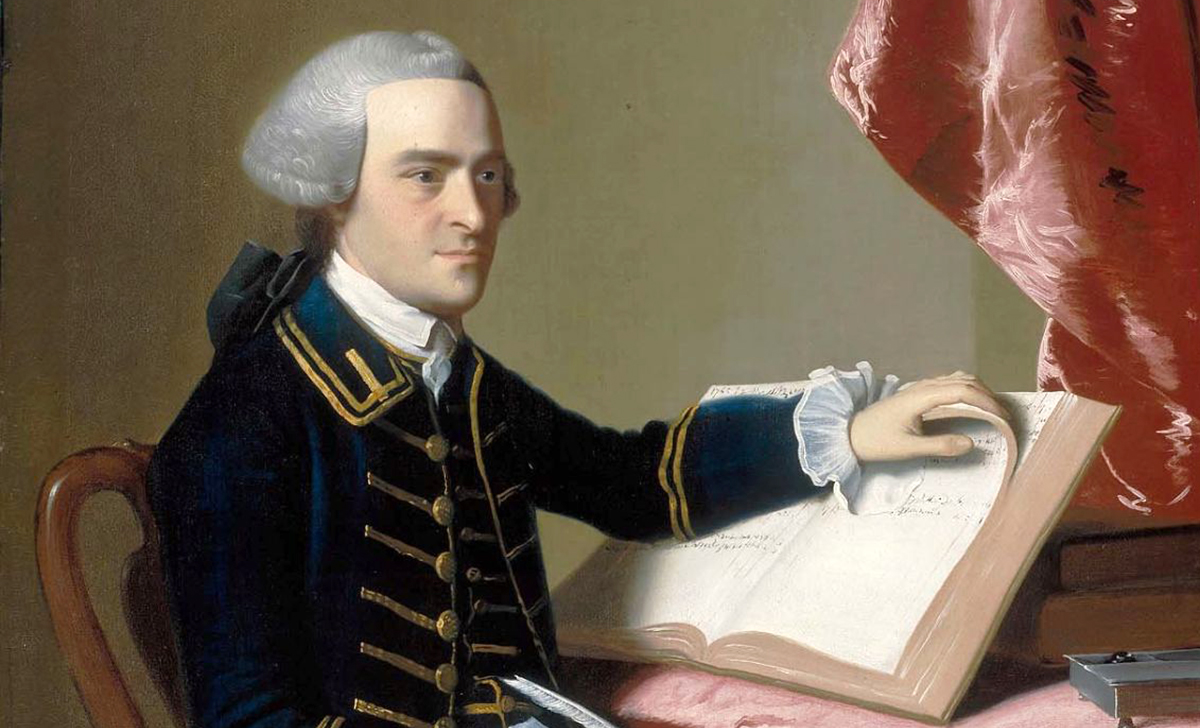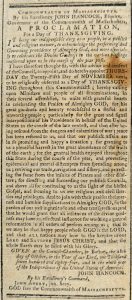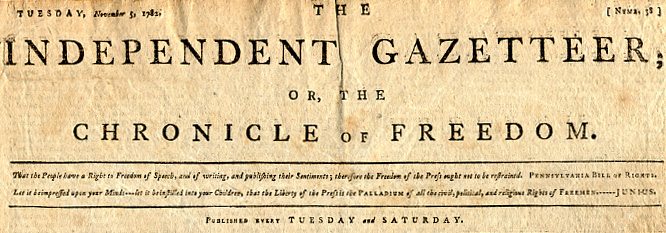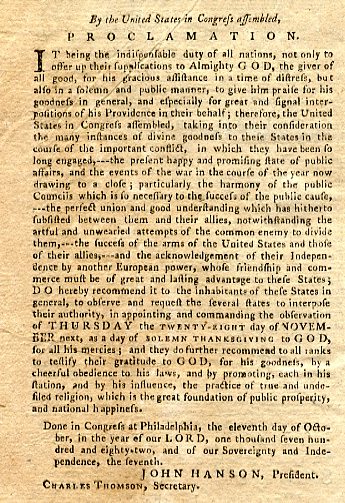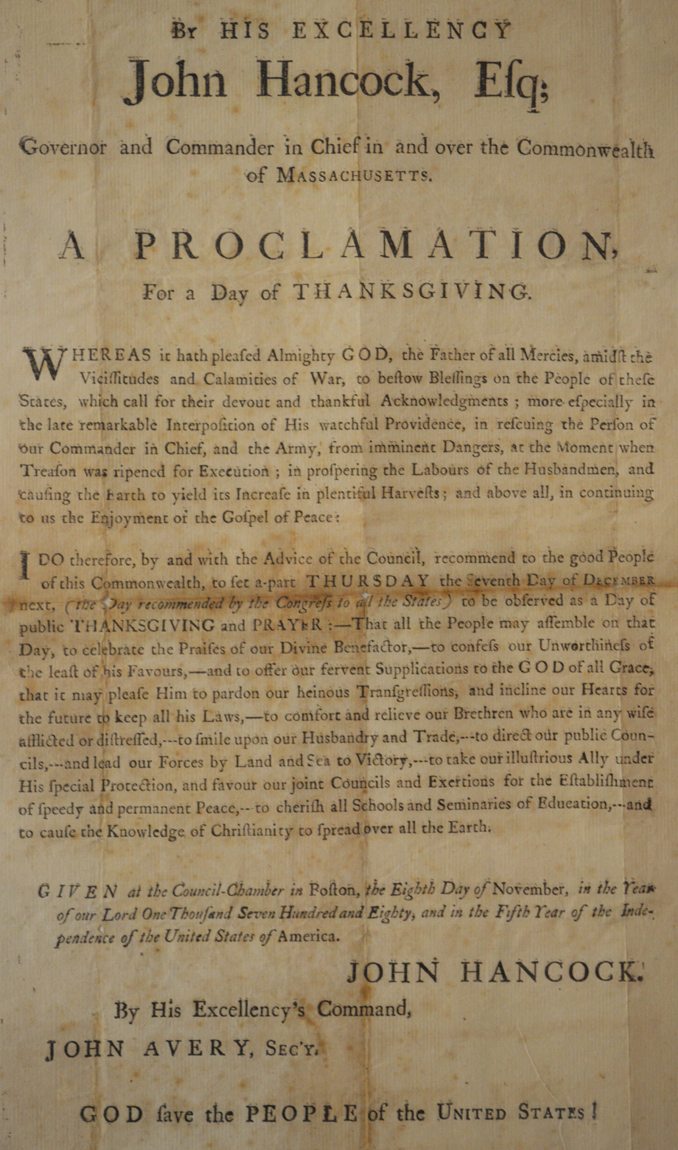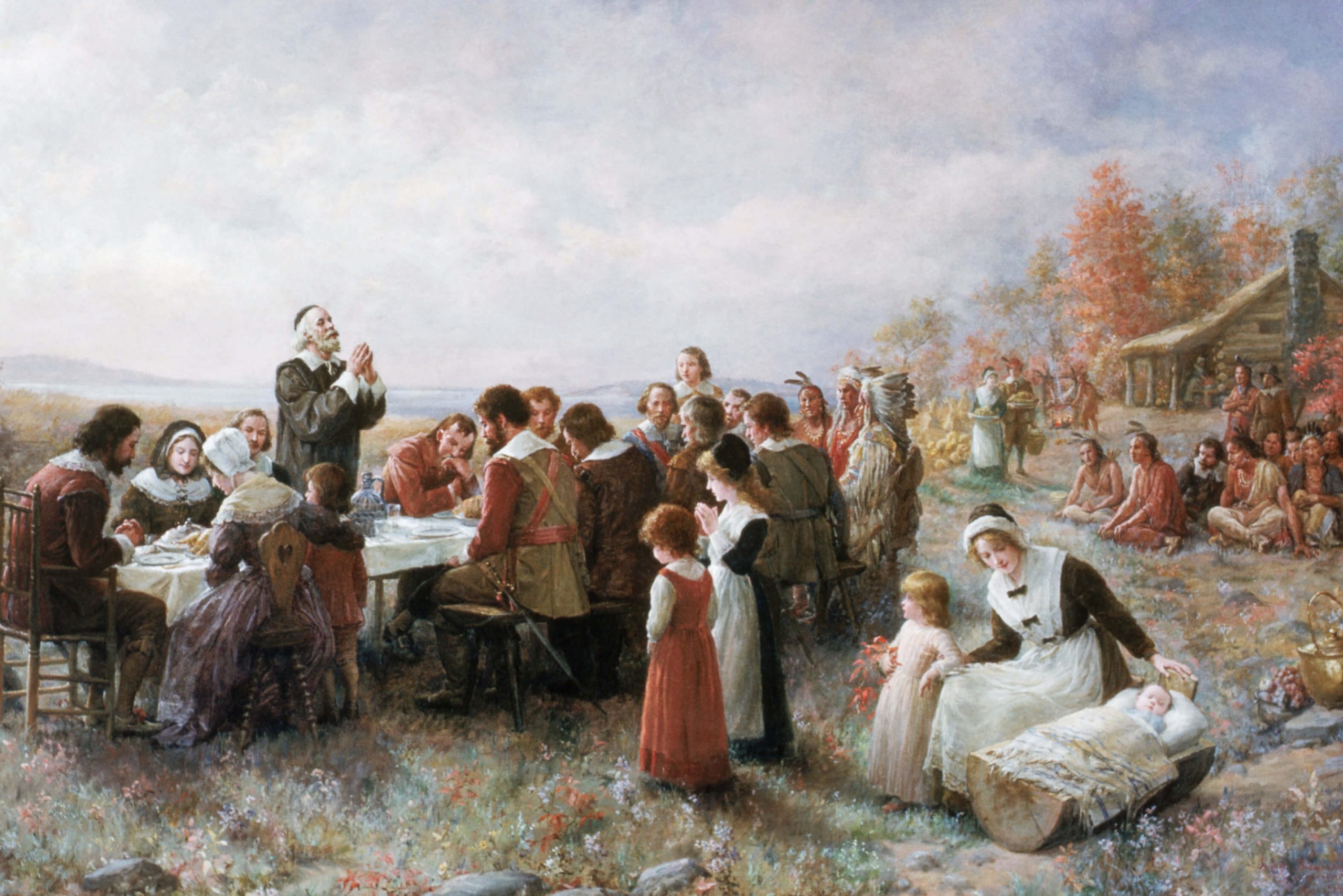The Convention of 1787 was the capstone in a chain of events that led to the creation of the U.S. Constitution.
 America’s first attempt at a national governing document was in 1777 with the Articles of Confederation.1 It went into effect in 1781, but its deficiencies were quickly apparent,2 so in 1786, the Annapolis Convention called for a body to assemble to address its many weaknesses.3 What is known as the Constitutional Convention then gathered in Philadelphia in 1787.4
America’s first attempt at a national governing document was in 1777 with the Articles of Confederation.1 It went into effect in 1781, but its deficiencies were quickly apparent,2 so in 1786, the Annapolis Convention called for a body to assemble to address its many weaknesses.3 What is known as the Constitutional Convention then gathered in Philadelphia in 1787.4
The debates on the Constitution did not go smoothly at first. In fact, Benjamin Franklin recommended they begin daily prayers to help the process along.5 Eventually they came together to produce the Constitution — the most successful governing document in world history. It was signed on September 17, 1787,6 a day we now celebrate as “Constitution Day.” Many delegates expressed their belief that writing the Constitution would not have been possible without the Divine aid they personally witnessed and openly acknowledged. Alexander Hamilton said:
For my own part, I sincerely esteem it a system which without the finger of God never could have been suggested and agreed upon by such a diversity of interests.7
 James Madison agreed:
James Madison agreed:
It is impossible for the man of pious reflection not to perceive in it the finger of the Almighty Hand which has been so frequently and signally extended to our relief in the critical stages of the Revolution.8
Benjamin Franklin and George Washington also expressed similar convictions.9
 Many delegates involved with writing the Constitution were trained in theology or ministry,10 including Abraham Baldwin, James Wilson, Hugh Williamson, Oliver Ellsworth and others. The Constitution was then sent to the states to be ratified,11 and about four dozen clergymen were elected from among the various states as delegates to ratify the Constitution.12 The influence of Biblical faith on that document was apparent, and under it, Americans have been blessed!
Many delegates involved with writing the Constitution were trained in theology or ministry,10 including Abraham Baldwin, James Wilson, Hugh Williamson, Oliver Ellsworth and others. The Constitution was then sent to the states to be ratified,11 and about four dozen clergymen were elected from among the various states as delegates to ratify the Constitution.12 The influence of Biblical faith on that document was apparent, and under it, Americans have been blessed!
As President Calvin Coolidge affirmed:
[T]he more I study [the Constitution], the more I have come to admire it, realizing that no other document devised by the hand of man ever brought so much progress and happiness to humanity.13 To live under the American Constitution is the greatest political privilege that has ever occurred to the human race.14
Because the Constitution is such a unique and remarkable document, federal law requires that every year on Constitution Day, all public schools must hold a special program on the Constitution.15 Sadly, few schools follow this law. But that should not keep every citizen from celebrating that document. Each of us should read and know that document, and teach it to others. So read the Constitution for yourself, and check out these resources that can be used in public schools to teach the Constitution on Constitution Day.16 Share this information with schools, educators, and students around you!
Endnotes
1 “Articles of Confederation: Primary Documents in American History,” Library of Congress, accessed December 13, 2023.
2 See, for example, “Policies and Problems of the Confederation Government,” Library of Congress, accessed December 13, 2023; “Defencies of the Confederation,” The Founders Constitution.
3 “Appendix A: The Annapolis Convention,” Soldier-Statesmen of the Constitution (Washington, DC: Center of Military History, 1987), 265.
4 “The Constitution: How Did it Happen?” National Archives, accessed December 13, 2023.
5 James Madison’s Notes on the Convention, June 28, 1787, Max Farrand, The Records of the Federal Convention of 1787 (New Haven: Yale University Press, 1911), I:450-452.
6 “Constitution of the United States: Primary Documents in American History,” Library of Congress, accessed December 13, 2023.
7 Alexander Hamilton to Mr. Childs, Wednesday, October 17, 1787, The Federalist and Other Contemporary Papers on the Constitution of the United States, ed. E.H. Scott (New York: Scott, Foresman and Company, 1894), 646.
8 James Madison, Federalist #37, Alexander Hamilton, John Jay, & James Madison, The Federalist (Philadelphia: Benjamin Warner, 1818), 194.
9 Benjamin Franklin, “A Comparison of the Conduct of the Ancient Jews and of the Anti-Federalists in the United States of America,” The Works of Benjamin Franklin, ed. Jared Sparks (Boston: Tappan, Whittemore, and Mason, 1837), V:162; George Washington to Marquis de Lafayette, February 7, 1788, The Writings of George Washington, ed. Jared Sparks (Boston: Russell, Odiorne, and Metcalf, 1835), IX:317.
10 See WallBuilders article, “No Professor Fea, the Founders Did Not Want Ministers to Stay out of Politics.”
11 “Observing Constitution Day,” National Archives, accessed December 13, 2023.
12 See WallBuilders article, “No Professor Fea, the Founders Did Not Want Ministers to Stay out of Politics.”
13 Calvin Coolidge, “Autobiography of College Days,” Hearst’s International Combined with Cosmopolitan (NY: International Magazine Company, August 1929), LXXXVII:2:37.
14 James M. Beck, “What is the Constitution?” Our World Weekly (March 16, 1925), II:7:102.
15 “Constitution Day and Citizenship Day,” US Code.
16 “Constitution Day Teacher Resources,” Library of Congress; “Teachers Guide: Commemorating Constitution Day,” National Endowment for the Humanities; “Commemorating Constitution Day and Citizenship Day,” US Department of Education.
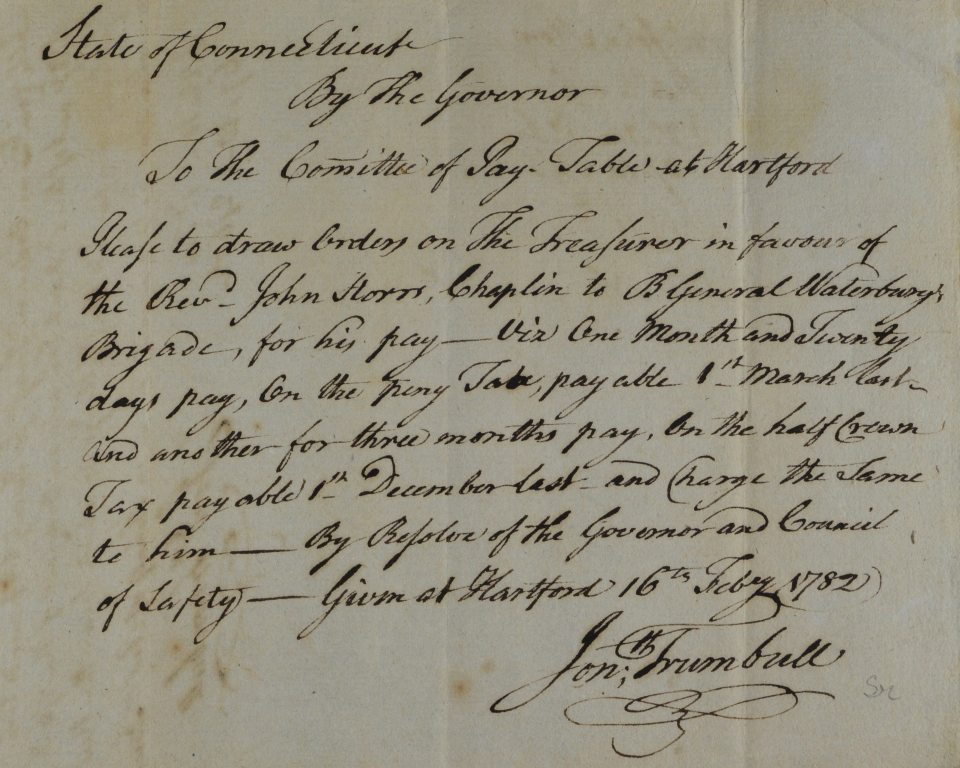


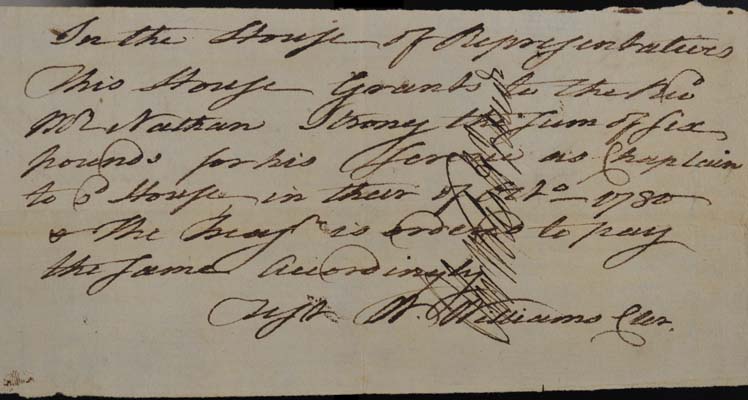

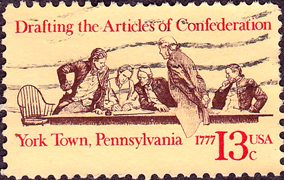 America’s first attempt at a national governing document was in 1777 with the Articles of Confederation.
America’s first attempt at a national governing document was in 1777 with the Articles of Confederation. James Madison agreed:
James Madison agreed: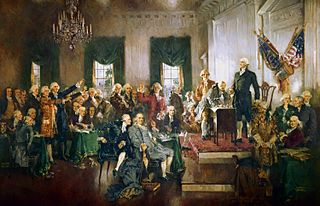 Many delegates involved with writing the Constitution were trained in theology or ministry,
Many delegates involved with writing the Constitution were trained in theology or ministry,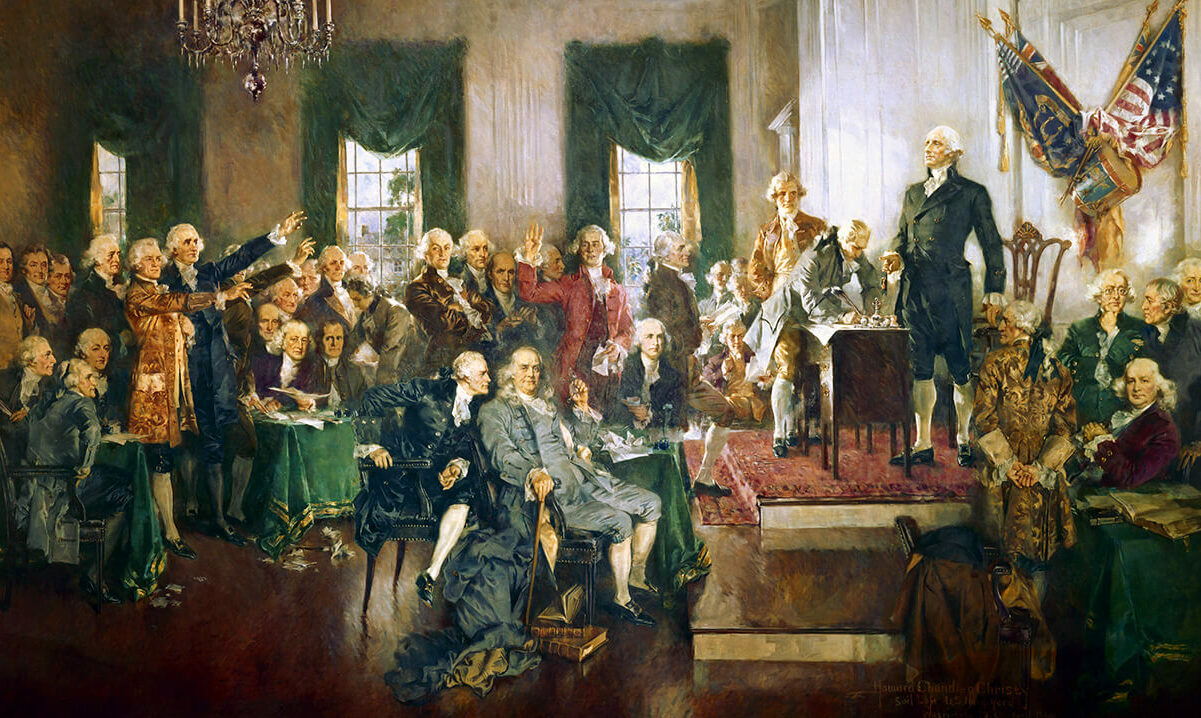
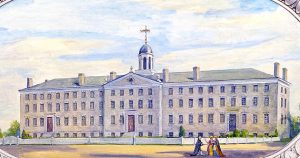 Princeton was
Princeton was 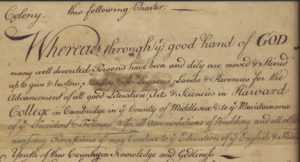 Harvard University was
Harvard University was 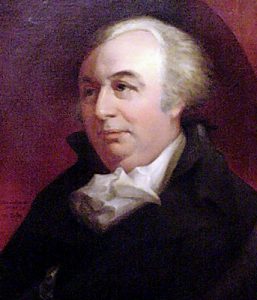
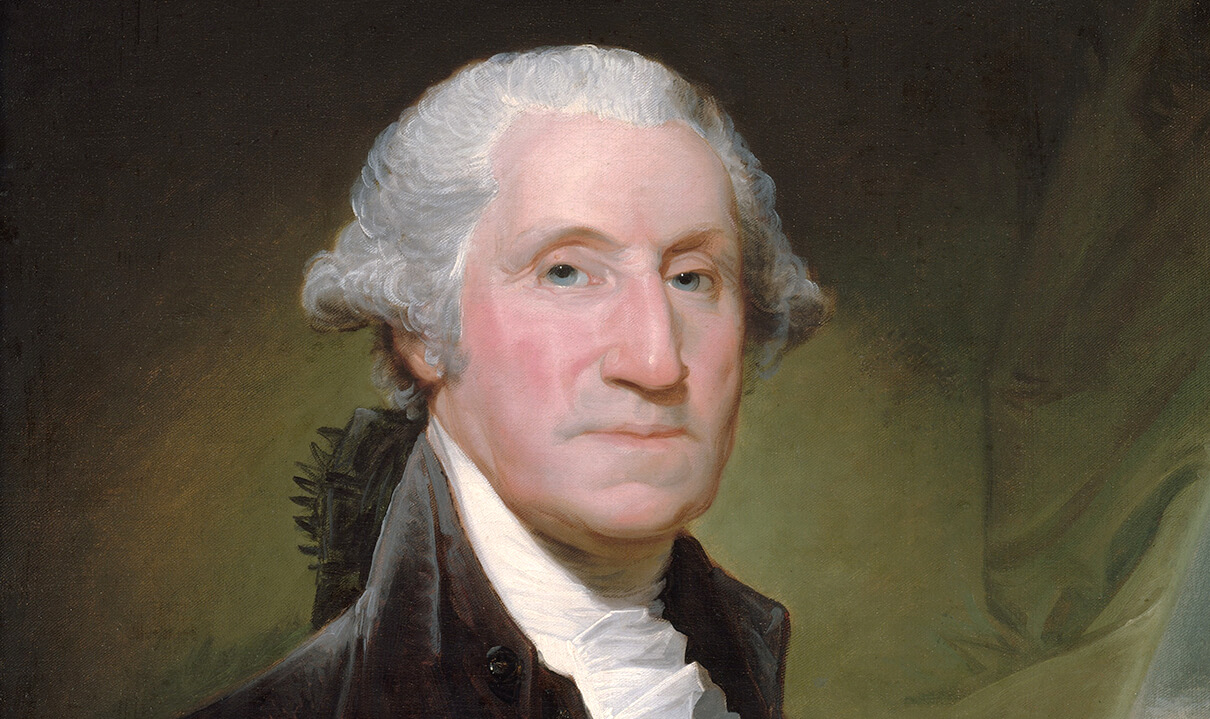
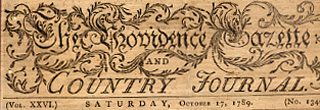
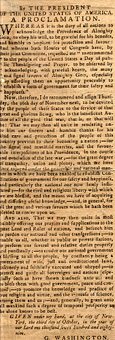 Whereas it is the duty of all nations to acknowledge the providence of Almighty God, to obey His will, to be grateful for His benefits, and humbly to implore His protection and favor; and whereas both Houses of Congress have, by their joint committee, requested me “to recommend to the people of the United States a day of public thanksgiving and prayer, to be observed by acknowledging with grateful hearts the many and signal favors of Almighty God, especially by affording them an opportunity peaceably to establish a form of government for their safety and happiness.”
Whereas it is the duty of all nations to acknowledge the providence of Almighty God, to obey His will, to be grateful for His benefits, and humbly to implore His protection and favor; and whereas both Houses of Congress have, by their joint committee, requested me “to recommend to the people of the United States a day of public thanksgiving and prayer, to be observed by acknowledging with grateful hearts the many and signal favors of Almighty God, especially by affording them an opportunity peaceably to establish a form of government for their safety and happiness.”